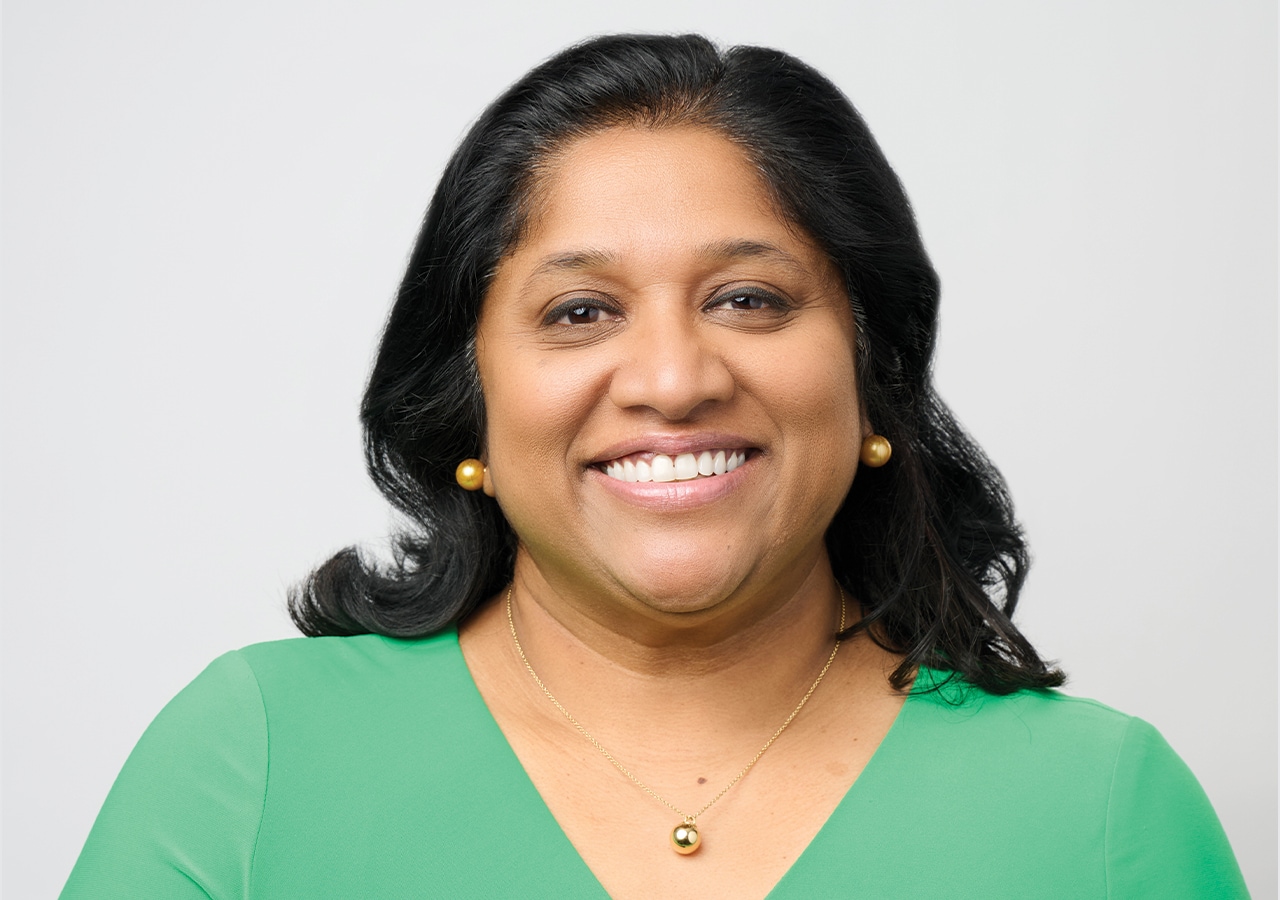 Esther T. Benjamin, CEO and Executive Director of World Education Services (WES)
Esther T. Benjamin, CEO and Executive Director of World Education Services (WES)
The appeal of a foreign education remains strong in India. Even today, the US remains the top choice for 69 percent of Indian students seeking higher education abroad. The UK comes a distant second at 54 percent, Canada at 43 percent and Australia at 27 percent, according to the second edition of Oxford International’s Student Global Mobility Index (SGMI) report.
This year, the number of Indian students in the USA is set to exceed 300,000. But don’t let that fool you into thinking that it’s necessarily an easy move. Indian and American education systems differ in significant ways, whichit presents challenges for Indian students seeking to pursue education or employment in the U.S. because is often difficult for American universities and employers to assess the equivalence of Indian degrees. They may also struggle to verify the student’s educational qualifications, particularly if the student’s field of study isn’t amongst the usual Top 5 (Bachelors in Technology, Commerce, Engineering, Science or Arts). As any PhD student knows, the more rarified the field of study, the fewer the people who understand it.
To better understand the challenges and opportunities for Indian students and migrants in foreign shores, Forbes India’s Mridu Bhandari and Esther T. Benjamin, CEO and Executive Director of World Education Services (WES), dived into a detailed discussion on Expanding Access to Global Opportunities. WES is a five- decade- old not-for-profit social enterprise that has been helping students and immigrants around the world pursue opportunities abroad
The Expansive Reach of World Education Services
Esther T. Benjamin discussed WES’s extensive experience over the past 50 years, during which the organization evaluated the academic credentials of more than 4 million individuals worldwide. This work involved processing nearly 6 million academic qualifications from over 200 countries, showcasing WES’s deep understanding of global education systems
WES’ credential evaluation reports arecreIt is used by individuals to gain recognition for their academic achievements when applying for jobs, further education, or professional licensure in the U.S. and Canada.
With expertise in analyzing over 40,000 different degrees and over 8,000 grading scales, WES hasd evolved from focusing solely on credential evaluation to encompassing programmatic, policy-oriented, and philanthropic efforts.
India: A Key Focus for WES in the Coming Decades
India, with its young and large working population, presents both opportunities and challenges, according to Benjamin. She noted the impact of India’s new National Education Plan (NEP), which is expected to double the number of students in higher education over the next decade. This surge iswas expected to lead to more Indian graduates seeking education and professional opportunities abroad. Recognizing this trend, WES is in the process of bolstering its presence in India by building a dedicated team and forming digital partnerships, such as the one with the National Skills Development Corporation (NSDC), to authenticate and verify Indian credentials seamlessly.
Impact on Immigrant Resettlements and Global Mobility
As international mobility increases, WES plays a critical role in helping immigrants, refugees and students transition smoothly into new environments. Esther T. Benjamin noted the staggering number of international students (6 million) and immigrants (300 million) worldwide. WES’s longstanding, trusted partnerships with regulators, particularly in Canada, are instrumental in helping Indian professionals, such as engineers, validate their qualifications and seamlessly integrate into the workforce abroad.
One of the standout initiatives of WES is the Gateway Program, designed for refugees who have lost access to their academic documents due to conflict or civil unrest. WES leverages its extensive data repository to reconstruct the academic histories of displaced individuals, enabling them to continue their educational and professional journeys. This program has already assisted over 10,000 refugees, particularly those from countries like Syria.
A Multi-Sector Approach to Inclusion and Mobility
Esther T. Benjamin emphasizes the need for a multi-sector perspective in promoting inclusion, which requires collaboration between governments, employers, academic institutions, community organizations and others. This holistic approach aims to reduce barriers and create opportunities for talent across borders. WES is committed to this strategy, working at various governmental levels and with to facilitate easier global mobility and inclusion, globally.
Looking Ahead to the Next 50 Years: A Future Grounded in Service and Innovation
As WES looks to the future, India is poised to play a significant role in its growth and impact. Benjamin envisions WES continuing to serve as a cornerstone for enabling mobility and inclusion worldwide and advancing opportunities for global education and employment well into the next 50 years and beyond.
The pages slugged ‘Brand Connect’ are equivalent to advertisements and are not written and produced by Forbes India journalists.
